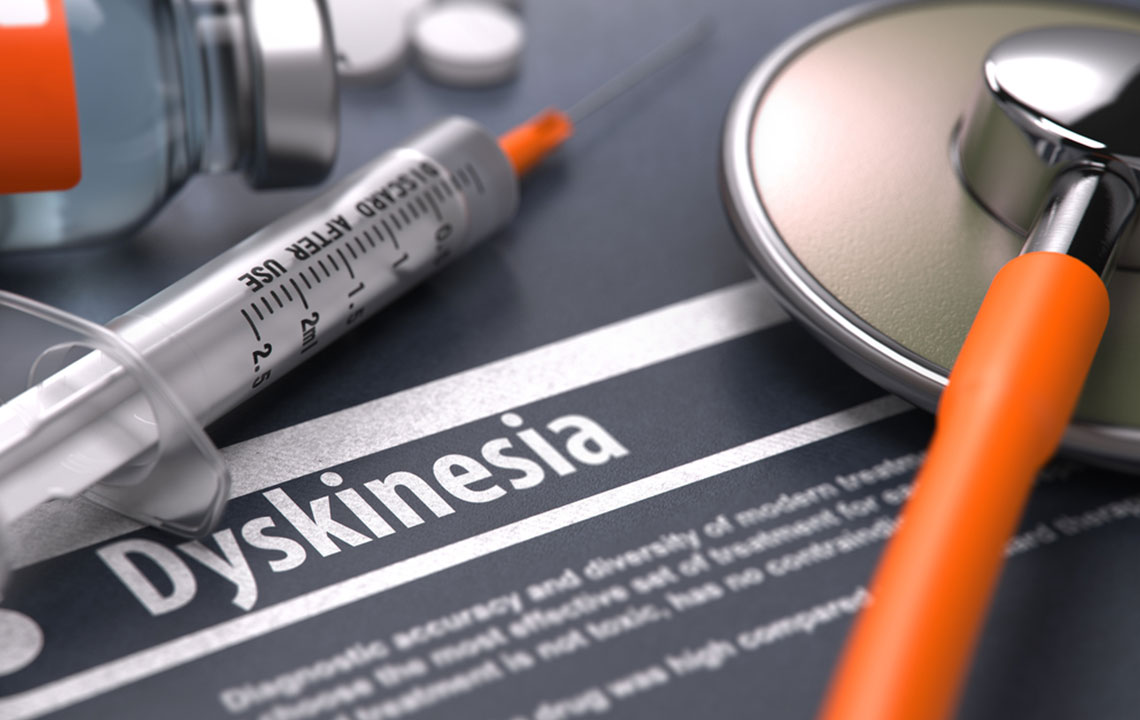Comprehensive Guide to Common Causes of Chest Discomfort and When to Seek Medical Help
This comprehensive article explores the most common causes of chest discomfort, highlighting critical symptoms and when to seek urgent medical care. From heart attacks and coronary artery disease to muscular and gastrointestinal causes, it provides an in-depth understanding to help individuals recognize serious signs early and take prompt action. Proper diagnosis and timely treatment are essential for preventing serious complications. Learn about the symptoms, risk factors, and essential steps to ensure your health and safety when faced with chest discomfort.

Comprehensive Guide to Common Causes of Chest Discomfort and When to Seek Medical Help
Chest discomfort is a symptom that can be alarming and often causes significant concern, especially since it can be associated with serious health conditions. Many individuals describe chest discomfort as pressure, squeezing, or a feeling of fullness in the chest area. While sometimes benign, chest pain can also be a signal of life-threatening conditions, making it essential to understand the potential causes and recognize when urgent medical attention is necessary. This detailed guide aims to provide an in-depth look into the most common causes of chest discomfort, their symptoms, and guidance on when to seek professional help.
Chest discomfort often prompts individuals to think about cardiac issues, but it can also be caused by various other medical conditions. Categorizing these causes can help in understanding the symptoms better and taking appropriate action. The following sections outline the most prevalent causes, their mechanisms, and associated symptoms.
Heart-Related Causes of Chest Discomfort
Heart Attack (Myocardial Infarction)
One of the most critical and urgent causes of chest discomfort is a heart attack. It occurs when blood flow to a part of the heart muscle is severely reduced or blocked, leading to damage or death of the cardiac tissue. Recognizing the signs early can be lifesaving. Typical symptoms include intense, crushing pain that is often centered in the chest or localized to the left side, but may also radiate to the arms, neck, jaw, or back. This pain is frequently accompanied by a feeling of pressure or tightness and may persist for several minutes. Alongside chest pain, individuals often experience cold sweating, nausea, lightheadedness, and a feeling of weakness or fatigue—classic signs demanding immediate emergency medical attention.
Chronic and Condition-Related Cardiac Causes
Coronary Artery Disease (CAD)
A widespread cause of chest pain, CAD involves the narrowing or blockage of coronary arteries due to atherosclerosis. Reduced blood flow results in oxygen deprivation to the heart muscle, often manifesting as angina. Anginal pain typically feels like a pressure or squeezing sensation and often occurs during physical exertion, emotional stress, or after eating. The pain may radiate to the shoulders, arms, neck, jaw, or back. Importantly, symptoms are usually relieved by rest or nitroglycerin. CAD is a chronic condition but requires continuous management to prevent progression to a heart attack.
Inflammatory and Infectious Cardiac Causes
Myocarditis (Inflammation of the Heart Muscle)
This condition involves inflammation of the myocardium caused by viral infections, autoimmune diseases, or other factors. Unlike a heart attack, myocarditis doesn’t involve a blocked artery. Symptoms often include chest pain, fever, fatigue, rapid or irregular heartbeat, and breathing difficulties. The pain can range from mild to severe and may worsen with physical activity. Early diagnosis and treatment are vital to prevent complications such as heart failure.
Genetic and Structural Heart Conditions
Hypertrophic Cardiomyopathy
A genetic disorder characterized by abnormal thickening of the heart’s muscular walls, particularly the interventricular septum. This thickening can obstruct blood flow, leading to symptoms like shortness of breath, dizziness, fainting, and sometimes chest pain. It often manifests during physical exertion and can increase the risk of arrhythmias or sudden cardiac arrest.
Mitral Valve Prolapse
This structural abnormality involves the mitral valve not closing properly, which can lead to symptoms such as palpitations, chest pain, dizziness, or a sensation of irregular heartbeat. Mild cases may remain asymptomatic, but more severe prolapse may cause noticeable symptoms and require medical management.
Other Causes of Chest Discomfort
Lung-Related Causes
Conditions such as pulmonary embolism, pneumonia, or pleurisy can cause chest pain that mimics cardiac issues. Symptoms may include sharp chest pain, difficulty breathing, cough, or fever.
Gastrointestinal Causes
Acid reflux (gerd), esophageal spasms, or hiatal hernia can produce chest discomfort which often worsens after meals or when lying down. It may be associated with burning sensation or taste of acid in the mouth.
Musculoskeletal Causes
Muscle strain, inflammation of cartilage (costochondritis), or injury to the chest wall can cause localized pain that worsens with movement or pressure.
When to Seek Immediate Medical Attention
Recognizing the symptoms that require urgent care is crucial. Seek emergency medical help if you experience any of the following:
Persistent or severe chest pain, pressure, or squeezing
Pain radiating to the arms, neck, jaw, or back
Sudden weakness or numbness on one side of the body
Sudden unexplained chest discomfort accompanied by rapid heartbeat
In such instances, prompt evaluation can be lifesaving, and delaying treatment can lead to severe complications or death. Always err on the side of caution with chest symptoms.In conclusion, chest discomfort stems from various causes, ranging from benign to life-threatening conditions. Understanding the common causes helps in timely recognition and appropriate action. If you or someone else experiences persistent or severe chest pain, seek emergency medical care without delay. Regular check-ups and managing risk factors such as high blood pressure, high cholesterol, and lifestyle choices can significantly reduce your risk of serious cardiac events. Remember, when in doubt, always consult a healthcare professional for proper diagnosis and treatment.





